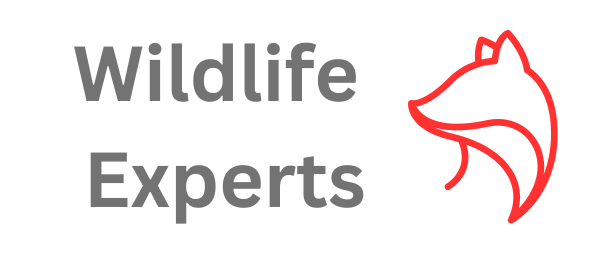The opossum has had eons of time to perfect its art of playing dead or playing possum. Having roamed the Earth at the same time as the dinosaurs, this defensive trait may just be one of the reasons why it still lives among us today.
Opossums 101
Opossums are misunderstood animals. Thought of as large rats, they are really gentle creatures that rarely pose a threat. Additionally, they are one of the most interesting animals to get to know.
Opossums are North America’s only marsupial. Related more closely to kangaroos than rats, they have a pouch on their bellies in which they raise their developing young. Their babies are called joeys, just as kangaroo babies are. Once the joeys are large enough, opossums will carry them on their backs as they forage for food.
Nocturnal and omnivorous, opossums roam around at night eating grass, nuts, fruit, mice, insects, and carrion. They are just as happy to scavenge food as they are to hunt and dig for it, so pet food left outdoors, fruit fallen from a tree, or a knocked-over trash can present an easy opportunity for a meal.
Far from being a nuisance — unless one makes its home underneath your porch — opossums can be beneficial for your garden by eating snails, slugs, insects, ticks, and sometimes small rodents. They’ll even clean up spilled garbage and fruit that has fallen off trees. Opossums have earned their nickname, “Nature’s Little Sanitation Engineer.”
Playing ‘Possum
Opossums live fairly short lives of one to two years, in part because they have many predators, including foxes, bobcats, coyotes, hawks, owls, and even dogs and cats. Their defense mechanisms include growling, belching, showing their teeth, and urinating when they feel threatened. Furthermore, because opossums are fairly unlikely to run away from a threat since they move slowly and awkwardly, they have another defensive move they’ve become famous for: playing possum.
Playing possum, or feigning death, is an opossum’s most effective form of defense. Most opossum predators find a dead animal to be unappealing and will not eat it. Confronted by a predator, they will fall onto the ground, become rigid, stare fixedly into space, bare their teeth, extend their tongues, which turn blue, foam at the mouth, and look as if they are dead. In addition, when they play dead, a fluid is released from glands located near their tail that has a foul odor that mimics the smell of a decaying carcass.
The most unusual and least known element of playing possum is that opossums are not pretending. This is an involuntary response to being under intense fear. It is similar to fainting, and the opossum also has no control over how long this state lasts. An opossum can stay in this catatonic state anywhere from 40 minutes to four hours. Most of the time, a predator will decide to seek its dinner elsewhere as most predators are hardwired to avoid dead flesh that could contain toxins.
Unfortunately, joeys are not mature enough to feign death. Their brains have not yet developed this physiological response to fear and stress, so if the mother is carrying her joeys on her back, they will be attacked by the predator.
The phenomenon of playing dead is called thanatosis or tonic immobility, and it is a last-resort effort for opossums. Unlike many animals that freeze in place, an opossum’s nervous system sets off a release of neurochemicals and hormones that cause the coma-like state. While the opossum is the most famous practitioner of thanatosis, a variety of frogs, insects, and snakes also use this playing dead behavior.
A Truly Dead Opossum in the Yard
Should you come upon an opossum in your yard that appears dead, the best thing to do is to leave it be for several hours. You might be surprised to find it gone upon your return. If the opossum is truly dead, contact a wildlife removal company to safely dispose of the animal. Because animals often carry parasites and diseases, it is always best not to handle them on your own. A wildlife expert will know the proper protocols for removing the opossum in a way that poses no risk to you, your family, or your pets.
